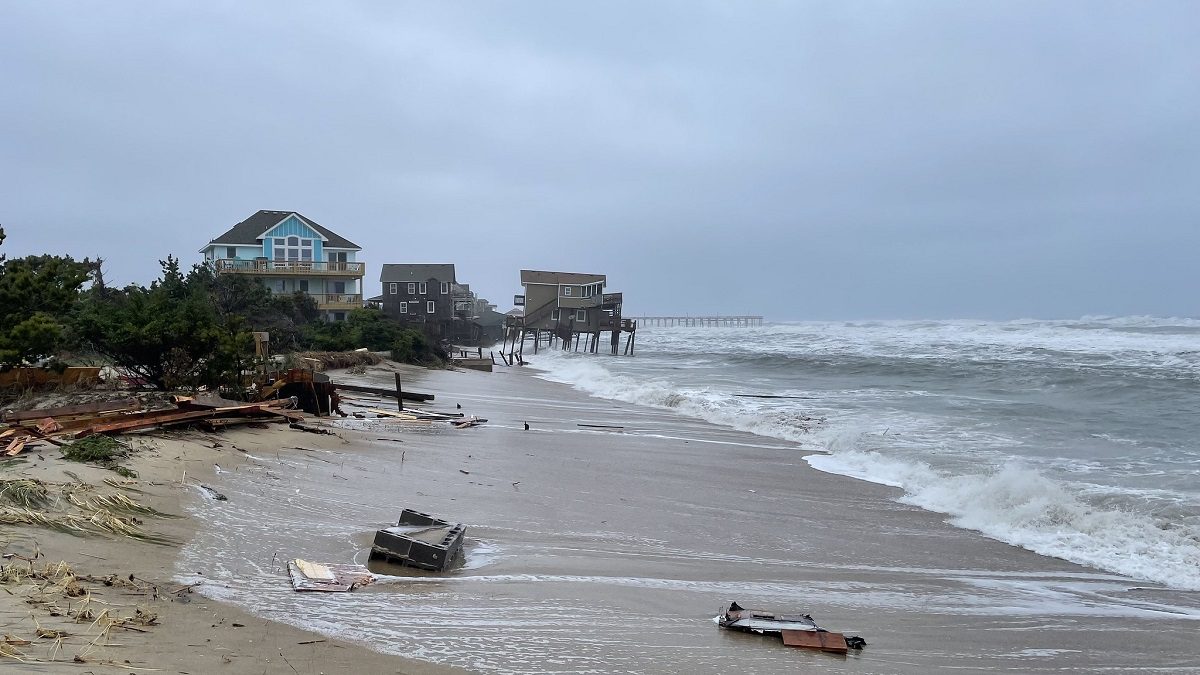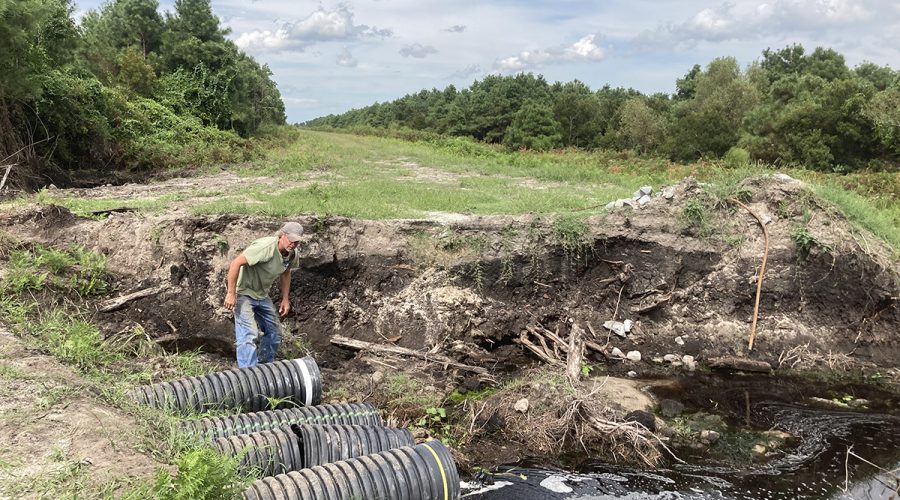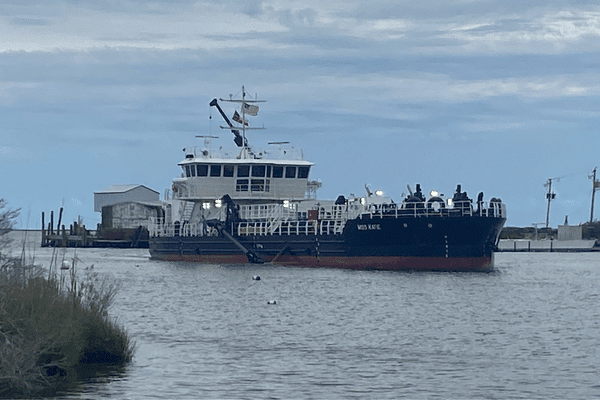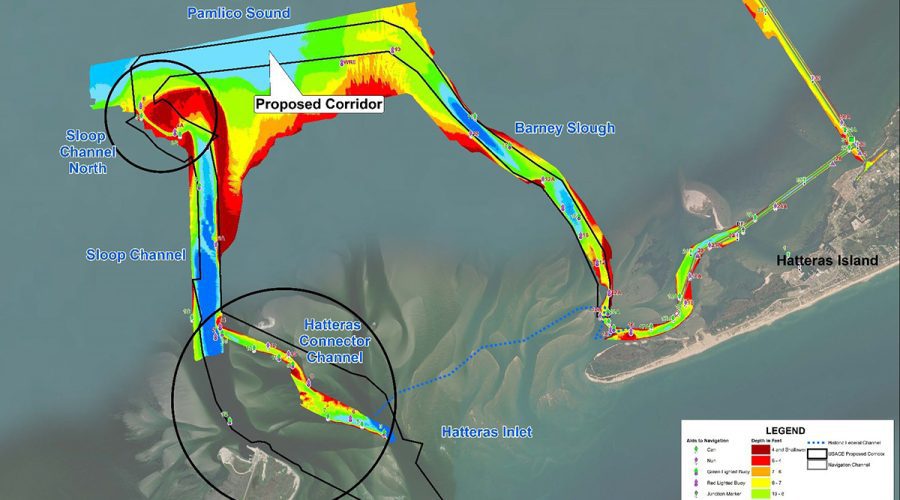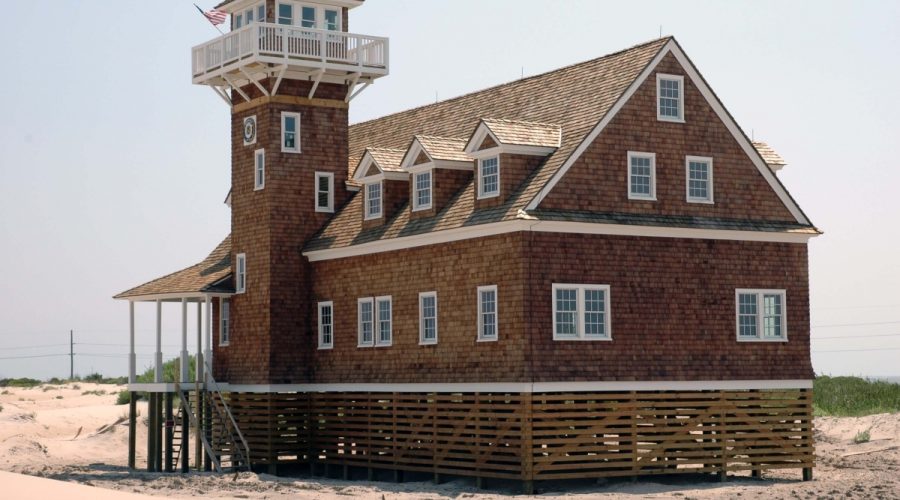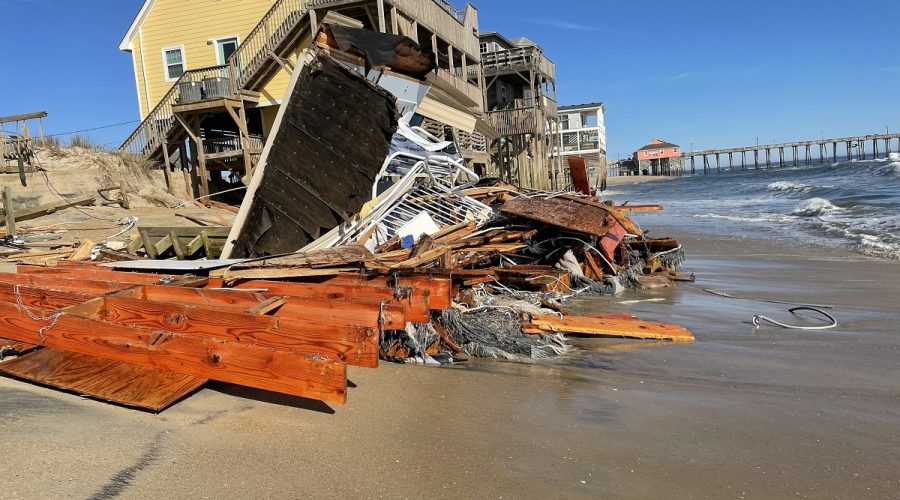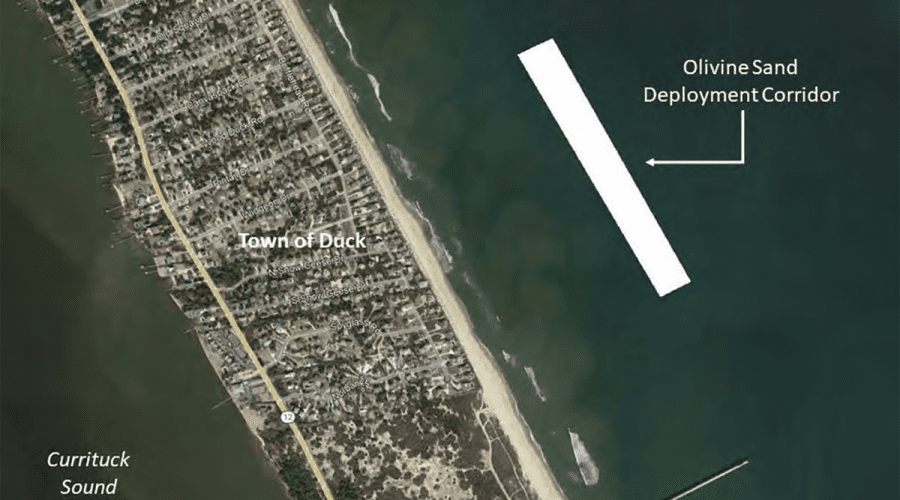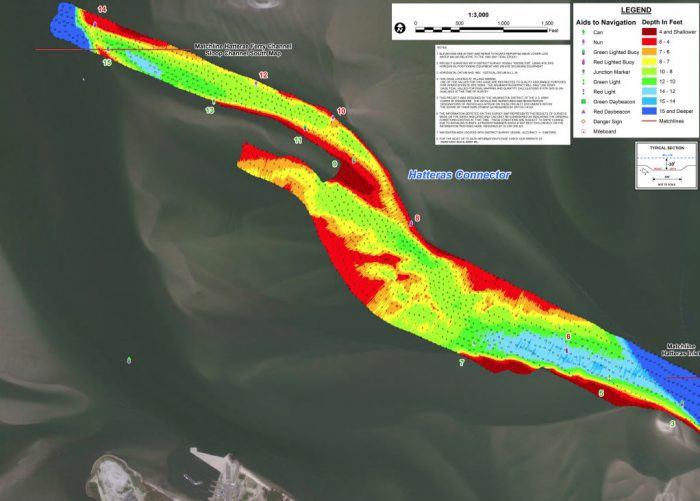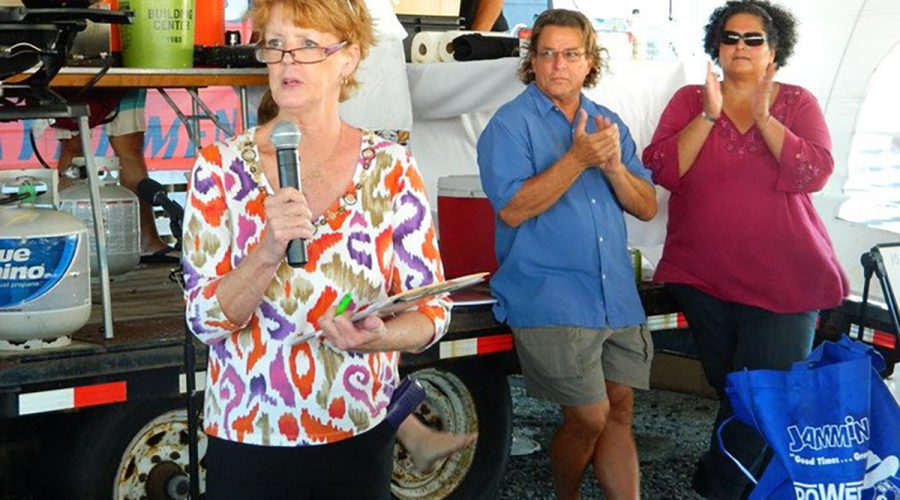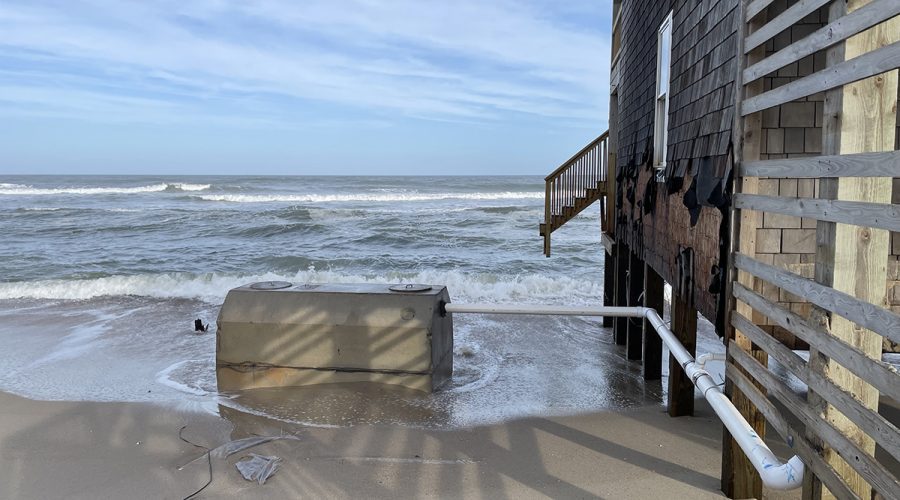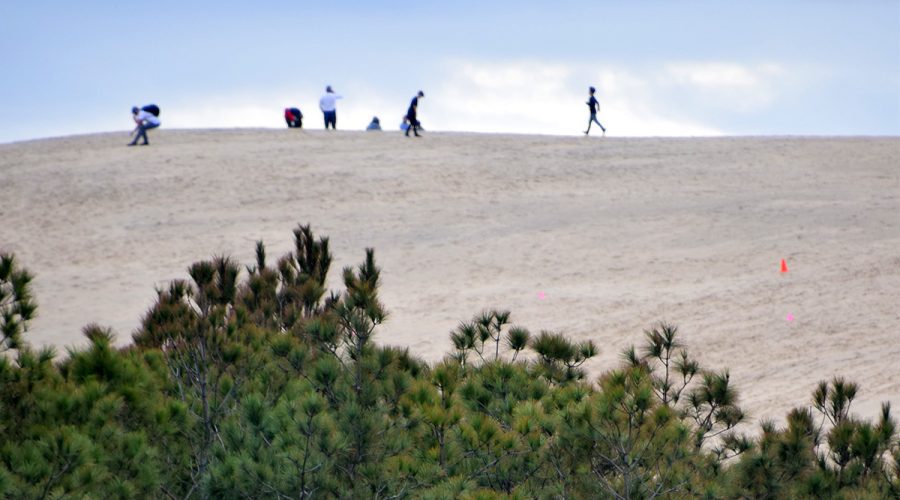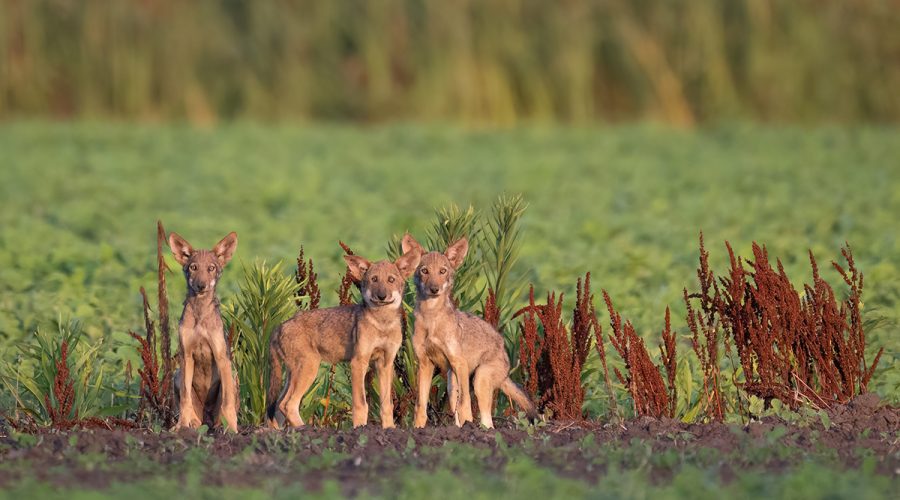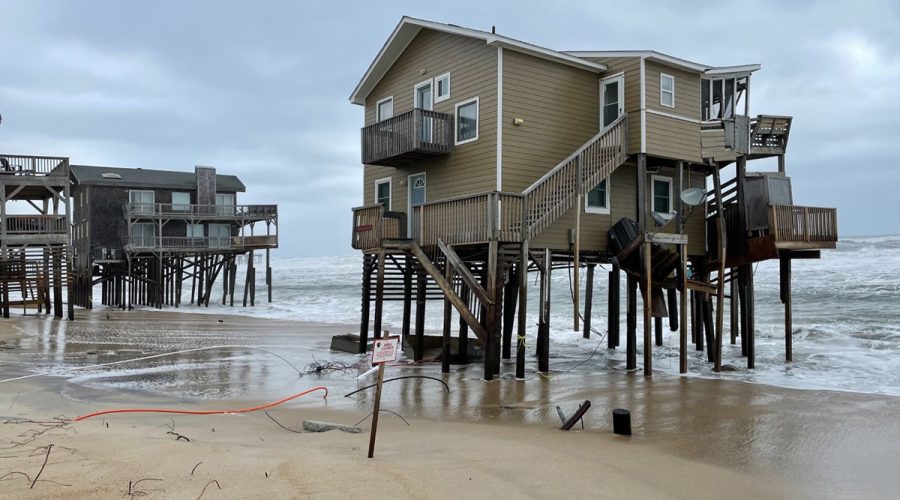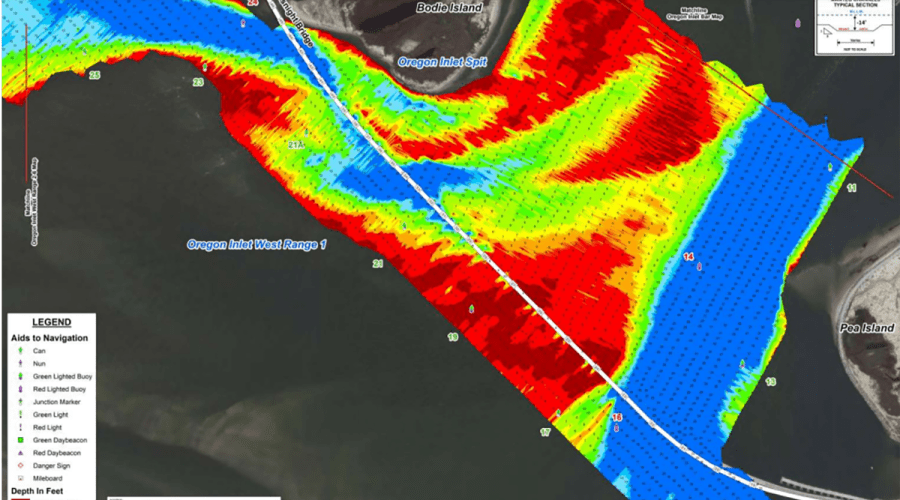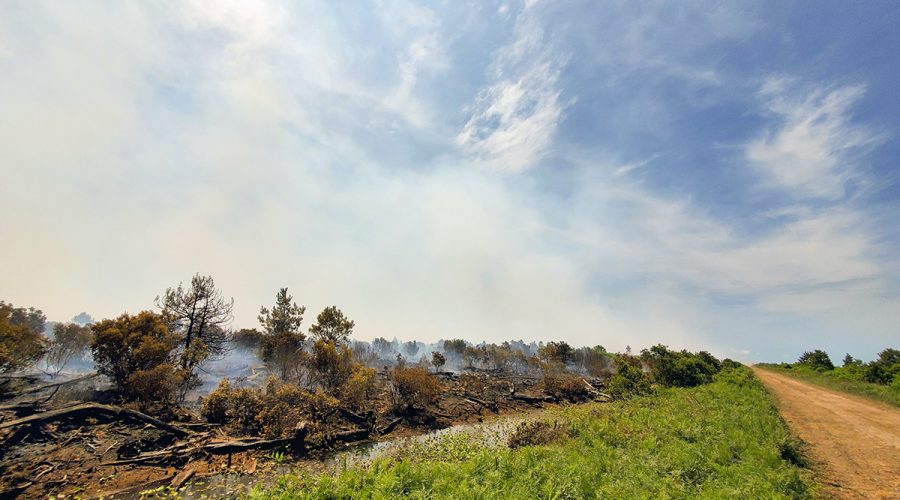Beachfront property owners in Rodanthe want beach nourishment to protect their erosion-threatened houses, but the questions of how much sand and how to pay for it are unanswered.
Rewetted drained pocosin can do a lot, like store tons of CO2
An ecosystem project in an NC peat bog could yield jobs, help with stormwater management and suppress wildfires and is part of an ambitious plan to create a carbon credit market to offset millions of tons of greenhouse gas emissions.
Miss Katie dredge on track to work in Hatteras Inlet
The new state dredge Miss Katie is on track to be able to work in the Connector Channel by early February.
Inlet channel maintenance made simpler: Go with the flow
The Corps of Engineers now says it has authority to follow the deepest natural water, or best water, in the Rollinson Channel Navigation Project linking Hatteras and Ocracoke islands.
1898 Oregon Inlet Life-Saving Station must go, but where?
The N.C. Aquariums system, which owns the historic structure at the Pea Island National Wildlife Refuge, is looking to move and preserve it.
Myriad problems led to Rodanthe’s doomed beach houses
Some blame the owners of erosion-threatened or destroyed beachfront houses, but there is plenty of blame to go around, including policy, regulatory and enforcement shortcomings, climate change and government inaction.
Carbon capture project proposed for ocean waters off Duck
Vesta North Carolina has applied for permits to place about 20,000 cubic yards of ground olivine 1,500 feet from the Outer Banks town’s shoreline.
Submerged power lines further delay ferry channel realignment
Underwater power lines crossing Hatteras Inlet’s Connector Channel have created another delay in finalizing the realignment of the Hatteras ferry channel.
Susan West, 73, remembered as longtime voice of NC fishers
West, an author and advocate who organized a women’s auxiliary group to the North Carolina Fisheries Association, died unexpectedly Thursday at Outer Banks Hospital.
A cycle of septic repairs, washouts on park service beaches
With two-dozen oceanfront septic systems compromised by storms so far this year and spilling on the Cape Hatteras National Seashore in Dare County, several have been repaired only to be washed away again.
State rejects plan for private museum at Jockeys Ridge
The Rogallo Foundation had made presentations at local government board meetings about its estimated $7 million proposal to build a 12,000-square-foot museum at the state park.
Managers report positive shift in red wolf recovery efforts
As the public comment period for the draft revised recovery plan for the endangered species continues this month, wildlife officials and advocates cite recent successes.
Imperiled beach houses a problem fraught with legal perils
Lawsuits over property rights, buyer’s responsibility and risk, public trust and public health issues — frustrations mount over how to address the problem of houses teetering at the ocean’s edge.
Murphy introduces bill to study plan for Oregon Inlet jetties
Rep. Greg Murphy’s measure calls on the Corps to take another look at the feasibility of building two jetties to keep Oregon Inlet free from shoaling, an idea dismissed two decades ago as environmentally risky with dubious benefit.
A coastal reporter remembers the late Sen. Marc Basnight
Journalist Catherine Kozak recalls her years covering the late Sen. Marc Basnight and his approach to politics, his impact on the Outer Banks and his passion for the coastal environment.
Ferebee Road fire now completely contained
The blaze that began June 19, likely the result of lightning, is no longer a concern, the N.C. Forest Service said this week.

